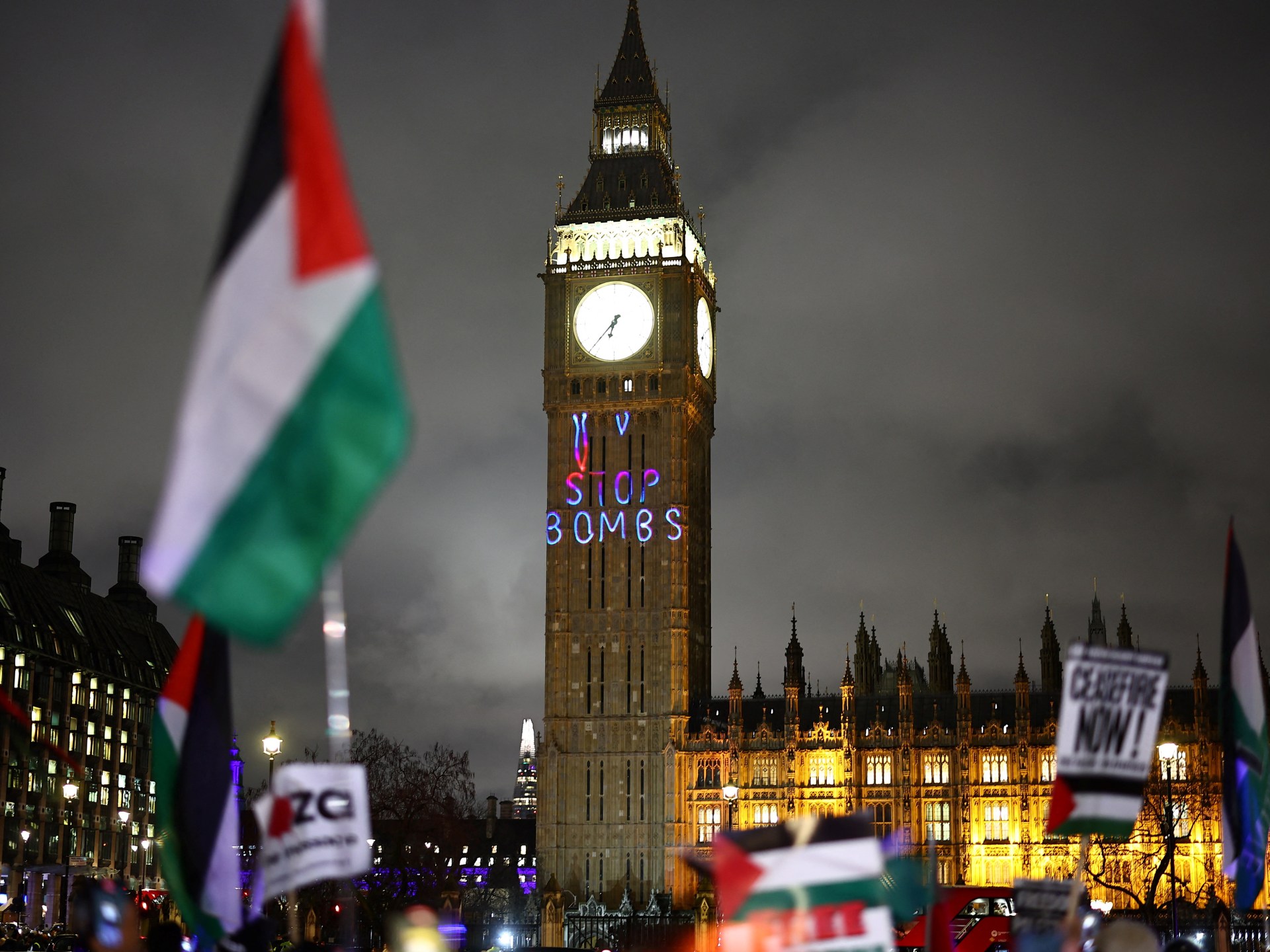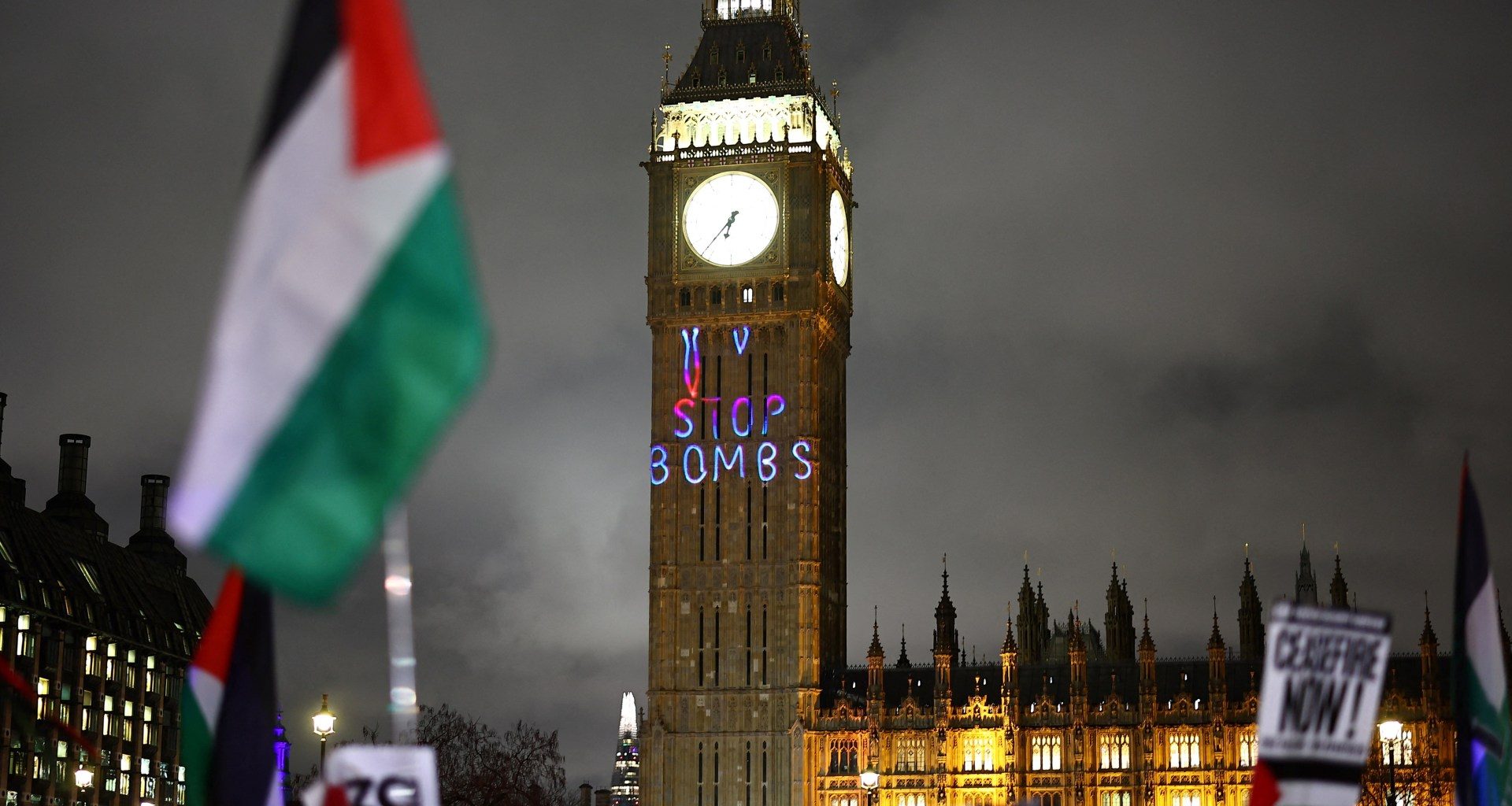
On February 5, the Bristol Employment Tribunal handed down a judgement [PDF] that I had long been waiting for. It ruled that my October 2021 sacking from Bristol University, where I’ve been working as Professor of Political Sociology for over three years, was unfair and wrongful.
The tribunal did not stop there. It also ruled that the reason for my sacking was not my alleged singling out of students and student societies in statements and comments, as the university suggested, but my anti-Zionist beliefs. Having heard me outline my views on Zionism in detailed court submissions and in over two days of cross examination, the court determined that they were sufficiently coherent, cogent and deeply held as to qualify as protected philosophical beliefs in the sense referred to in the Equality Act 2010.
I was relieved and jubilant to receive such a verdict, as this saga had been ongoing since April 2019. That was when the first complaint about a lecture I had given at the University was submitted. The complaint came from the Community Security Trust, a charity that claims simply to protect Jews from anti-Semitism, but since its very conception has focussed all its efforts on promoting Zionist talking points and trying to silence pro-Palestine campaigners with baseless accusations of anti-Semitism.
While the verdict is a great personal victory, a complete vindication of my views and stance throughout this years long witch hunt, it also has ramifications well beyond me and my academic career.
This verdict, which establishes in clear terms that anti-Zionist views are not racist or antisemitic, and are in fact legitimate philosophical beliefs protected under the Equality Act 2010, drives a coach and horses through the claim that “anti-Zionism is the new antisemitism” – first made explicitly by Israeli foreign minister Abba Eban in a speech in the US in 1972.
That claim underlies the International Holocaust Remembrance Alliance’s (IHRA) controversial Working Definition of Antisemitism, which has long been pushed on governments and institutions across the world by Israel and many of its supporters.
Despite facing widespread criticism from many experts and activists that it conflates anti-Semitism with criticism of Israel and its conduct in Palestine, the definition was adopted by several governments and leading institutions in the West in the past 10 years. The UK formally adopted the working definition in December 2016.
And in the eight years since, the definition has been Israel’s primary weapon against the ever-growing Palestine solidarity movement in the UK. But every weapon needs boots on the ground so that it can be picked up and fired. In most cases, the “soldiers” deployed to defame and harass pro-Palestine campaigners into silence include Zionist groups that work together to silence any and all criticism of the Israeli regime – in academia, in politics, in media and out on the streets. As they did in my case, intimidating and bullying Bristol University into sacking me over my strongly held anti-Zionist beliefs, claiming that these views are akin to racism and harmful to society.
Now, with the landmark ruling from the Bristol Employment Tribunal, those who speak in support of Palestinians and against Israel cannot be summarily dismissed, punished and defamed as racists, or “Nazis”.
From now on, anti-Zionists like me will have this verdict at hand when fighting against the kind of intimidation, bullying and harassment that I faced. In the UK, it will be much more difficult for institutions like Bristol University to sack people for the expression or manifestation of their beliefs.
Equally importantly, this verdict will strengthen the campaign to roll back the IHRA’s so called “working definition” of anti-Semitism, which is building internationally.
Perhaps the most significant consequence of the Bristol Employment Tribunal’s verdict in my case, however, will be the impact it will have on the confidence of pro-Palestine campaigners across the UK and beyond. In the past month I’ve already had many people telling me that the verdict I received made them more confident to talk about Zionism and its crimes.
For many years, significant sections of the pro-Palestine movement in the UK, like elsewhere in Europe, have been reluctant to even use the term “Zionism” when talking against the oppression and dispossession of Palestinians — scared of being smeared as antisemites and losing their livelihoods.
This fearful reluctance to talk about Zionism granted too much legitimacy to Israel and made it increasingly difficult to expose the leading role many Zionists outside of Palestine – in the US, UK and elsewhere in the world – play in the ongoing atrocities against Palestinians.
As we have clearly seen since October 7, Zionists outside occupied Palestinian territory are contributing directly to the ongoing genocide of Palestinians by supplying recruits to the Israeli forces, as well as providing financial, diplomatic and military support to Israel. Furthermore, they are protecting Israel by silencing its critics elsewhere with accusations of racism and antisemitism.
Thanks to the verdict from the Bristol Employment Tribunal in my case, I hope, many more academics, students, politicians and others will find the courage to raise their voice against Zionism and its crimes.
The views expressed in this article are the author’s own and do not necessarily reflect Al Jazeera’s editorial stance.
Read More: World News | Entertainment News | Celeb News
Aljazera










